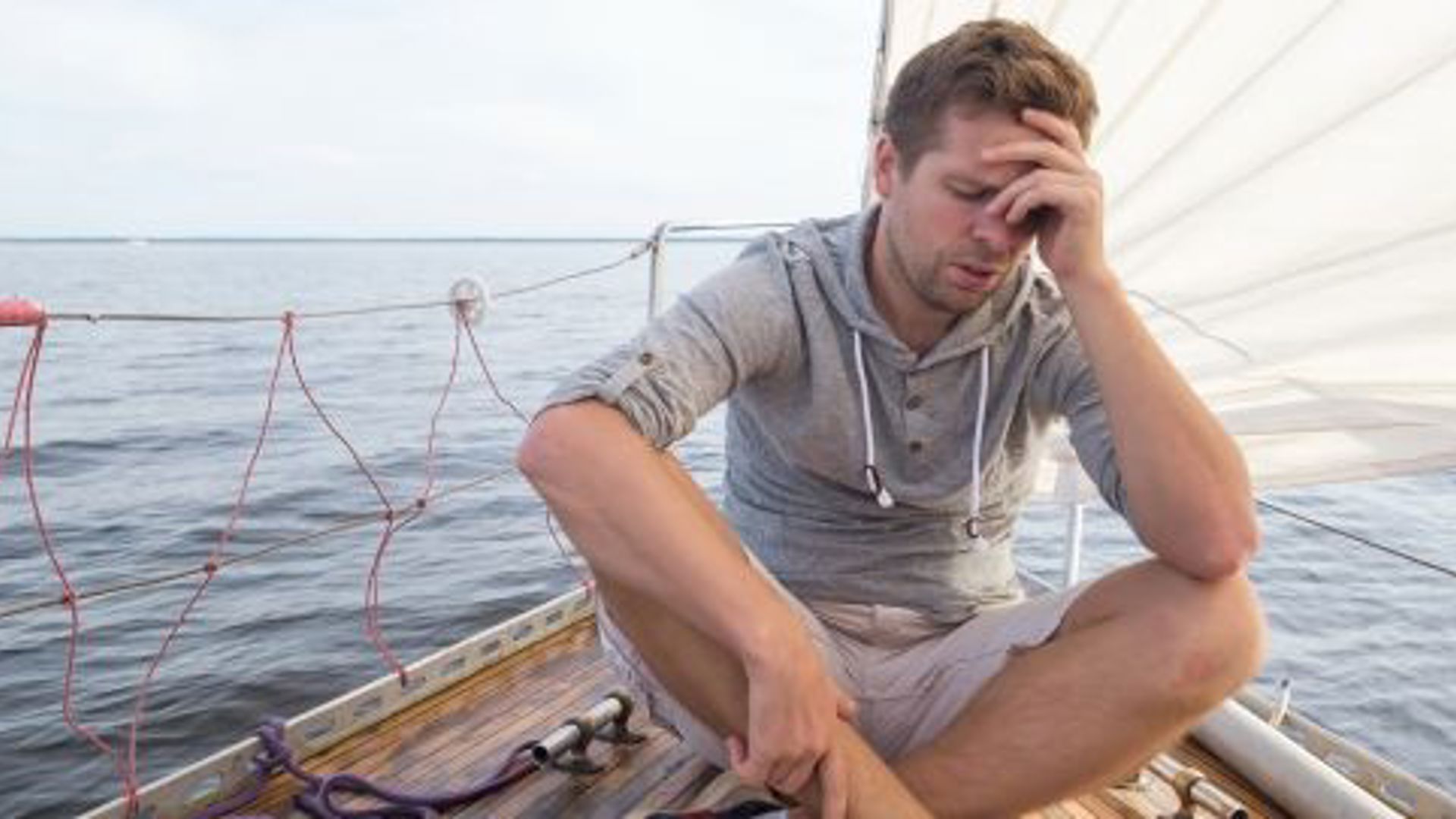
At the beginning of September, the Eurocross emergency centre always looks back on the past summer. This year, the emergency centre is focusing on the persistent misunderstanding that travel insurance is an unnecessary luxury. Almost twenty percent of those surveyed in the survey think that Dutch health insurance is enough to cover medical costs abroad. "Wrongly," emphasises Angela Looyé of Eurocross, "because health insurance does not always cover the full cost of medical care abroad. Travel insurance or additional coverage to health insurance is therefore essential."
Thousands of euros
She sees the examples almost daily and knows what amounts travellers have to pay out of their own pockets if there is insufficient coverage for medical costs. "We had to bring back someone who is underinsured by ambulance about twenty times this summer. The transport, for example from France, is at your own expense and costs about 5,000 euros. I think that's already a hefty amount to have to pay myself."
She says that travellers too often assume that 'in the worst case' they only have to pay the amount above the Dutch rate themselves. "But they often underestimate those extra costs. This summer we received a request for help from the US where someone was bitten by a rattlesnake. The bill has risen to $70,000. Fortunately, the affected person was well insured, because you don't want to think about having to pay for that yourself, do you?"
"This summer we received a request for help from the US. Someone was bitten by a rattlesnake and the bill went up to $70,000"
Medical expenses
Her message is clear. Medical costs can add up very quickly and you really don't have to go that far away for that. A leg fracture in a private clinic in Spain can cost 30,000 euros, while in the Netherlands it is only 3,000 euros on average. And what about an appendectomy in an American hospital. The costs for this can be as high as €50,000, compared to €2,500 in the Netherlands. "Without travel or additional health insurance, you can pay the difference yourself," says Looyé.
She adds that in addition to the medical costs, other costs can also add up considerably. "Just think of rebooking airline tickets and hotel costs for friends travelling with you. Or having family members come over when you are in hospital abroad. Without travel insurance, those costs are also entirely at your own expense."
Medical and technical reports
Eurocross distinguishes between medical and technical reports, including damage and breakdowns. Most technical reports come from France, Germany and Italy. This mainly concerns engine trouble, a flat tire or battery problems.
When it comes to medical reports, the top 3 countries are: 1. Spain, 2. Turkey and 3. France. The most common medical reports this summer are severe stomach flu, lung and appendicitis.
"Health insurance does not always cover the full cost of medical care abroad. Travel insurance or additional coverage to health insurance is therefore essential."
Risk of rabies underestimated
Finally, Looyé expresses her concerns about the rapid increase in the number of rabies reports. "Worldwide, there will already be 29 percent more reports of a possible rabies infection by 2025. The virus is transmitted through bites or scratches from infected animals and can be fatal if treatment is not followed quickly enough. We therefore always recommend taking a vaccine before travel and not petting (wild) dogs and cats while travelling."
According to her, many people think that a bite or scratch is harmless, but if the animal has rabies, a small wound can be life-threatening. With a vaccination you 'buy' more time to get the right treatment. Essential, because without a jab, literally every hour counts."
More digital notifications
Eurocross has had a busy high season. Busiest day this year was August 4 with 1,577 incoming phone calls. In total, the emergency workers made 49,640 telephone calls in July and August. More than half (27,780) of these were for a request for medical assistance, the other 21,860 reports related to a request for technical assistance.
Looyé calls it striking that there have been more requests for help this season, but fewer phone calls. "It may be that people know how to find us better digitally, but we have not yet completed that analysis."
She does know that almost a third of the breakdown reports and a fifth of the damage reports abroad have been received digitally this summer. "Digital techniques help us more and better. Since the beginning of July, a first report in a medical file can be made digitally to us. This has happened more than 600 times in the high season. In total, we sent more than 13,000 messages in digital medical records in July and August. This can be a message from a doctor in Thailand, but also matters such as discharge documents or X-rays. Of course, everything is set up securely and the documents are not stored in the digital file."